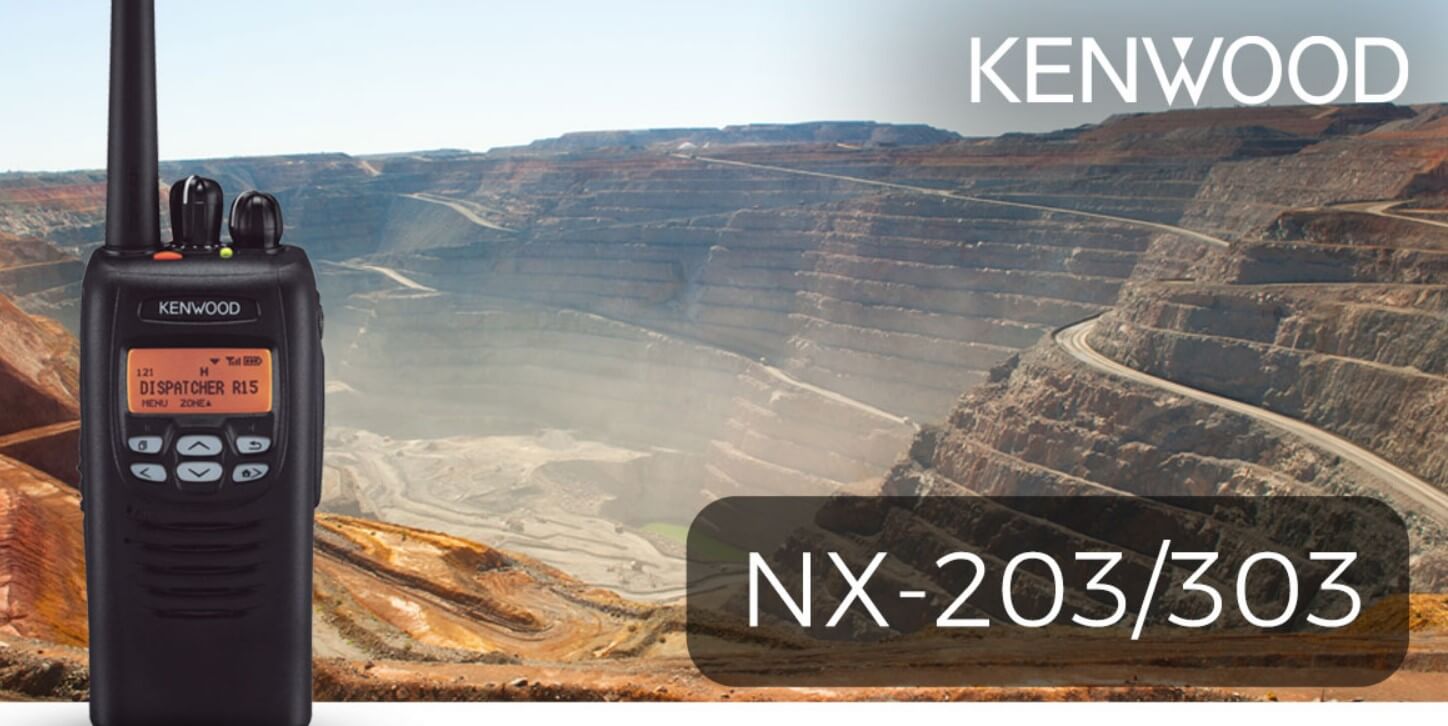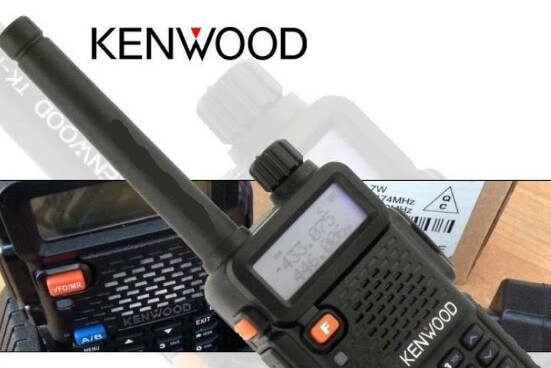Your Reliable Radio Communication in Tunnels

In underground mining operations, maintaining seamless communication between personnel is crucial for safety, efficiency, and overall productivity. However, the complex network of tunnels and the vast distance underground create unique challenges for traditional communication systems. This is where reliable radio communication comes into play, offering a lifeline for miners working in these remote, hazardous environments.
Why Is Reliable Radio Communication Essential in Tunnels?
Tunnels pose significant obstacles when it comes to communication. The dense rock and earth that surround miners create a naturally isolating environment, making it difficult for conventional communication tools, such as cellular phones, to function effectively. This is particularly true in deep mining tunnels, where the use of radios and other wireless systems becomes an essential means of communication.
Here’s why reliable radio communication is indispensable for mining operations:
1. Safety and Emergency Response
One of the foremost reasons for implementing reliable radio communication in tunnels is ensuring safety. Mining operations can be dangerous, with risks ranging from cave-ins and rockfalls to gas leaks and equipment malfunctions. In the event of an emergency, it’s essential that miners can instantly communicate with surface personnel and rescue teams. Radios allow for rapid coordination in such high-risk situations, helping to mitigate potential dangers and facilitate timely evacuations.
Moreover, communication systems ensure that miners can alert supervisors if equipment or machinery breaks down, allowing for quick repairs and minimizing downtime.
2. Coordination and Efficiency
Radio communication helps maintain smooth operations in complex underground mining environments. Mines are often large and have multiple working areas, each with specific tasks. Miners need to communicate with one another to coordinate their activities, whether it’s notifying teams of a shift change, reporting progress, or requesting supplies. A reliable radio communication system ensures that all personnel are on the same page, promoting better coordination and reducing delays.
Without such systems, miners would be forced to rely on other less efficient communication methods, such as walking long distances to relay messages, which would significantly slow down operations.
3. Monitoring and Tracking
In a busy mine, it’s vital to monitor the location and well-being of all workers. By using radios with tracking capabilities, supervisors can stay updated on the location of each team, ensuring that all workers are where they should be and are safe. Reliable radio communication also facilitates reporting on the conditions in various parts of the tunnel, enabling managers to react quickly to any changes that may affect productivity or safety.
4. Handling Environmental Challenges
Mining tunnels are subject to various environmental factors that can interfere with communication. These include humidity, temperature fluctuations, and the presence of gases like methane. A reliable radio communication system is specifically designed to withstand such harsh conditions. Whether it’s a humid environment or extreme temperatures, these systems are engineered to deliver clear, uninterrupted communication even in challenging conditions.
Additionally, modern radio systems are equipped with noise-canceling features to ensure that communication is not compromised by the constant sounds of mining equipment or the echoing within the tunnel.

GET IN TOUCH
In a hurry? Call us at +1-724-515-4993
Key Features of a Reliable Radio Communication System for Tunnels
To meet the specific needs of mining operations, radio communication systems must possess several key features to function effectively in tunnels. Here’s what to look for when evaluating the best radio systems for your mining operation:
1. High Penetration Power
One of the most important features of a reliable radio communication system is its ability to penetrate through rock, soil, and other dense materials that typically block signals. Tunnel environments often require radio systems with high penetration power to maintain strong signals, even at great depths or through thick rock. This ensures that miners and supervisors can communicate clearly no matter where they are located within the mine.
2. Durability and Ruggedness
The underground environment is tough on equipment. Dust, moisture, extreme temperatures, and physical impact from heavy machinery or moving equipment can all take a toll on radios. For this reason, reliable radio communication systems used in tunnels must be durable and rugged, able to withstand the conditions of an underground mine.
Look for radios that meet IP (Ingress Protection) ratings, indicating their resistance to water and dust, as well as MIL-SPEC (Military Specification) standards for shock and vibration resistance.
3. Clear Audio Quality
Tunnels are noisy environments. Whether it’s the hum of machinery or the sound of drills and trucks, background noise can interfere with communication. Therefore, having radios with clear audio quality is a must. High-quality radios use advanced technologies to reduce noise and enhance speech clarity, ensuring that messages are heard loud and clear, even in the loudest environments.
4. Long Battery Life
In tunnels, it’s essential to have radios that can operate for long periods without needing a recharge. Miners can spend extended shifts underground, and it’s critical that their communication tools remain functional throughout the day. A reliable radio communication system will feature long-lasting battery life, ensuring that miners can communicate with one another and surface personnel without interruption.
5. Integration with Other Communication Systems
In modern mining operations, radios are often used in conjunction with other communication systems, such as Wi-Fi networks, mine-wide tracking systems, and emergency alert systems. The ability to integrate radios with these other technologies enhances the overall functionality and ensures that all aspects of the operation are interconnected.
6. GPS Tracking
For added safety and efficiency, many mining radios come equipped with GPS tracking features. This allows supervisors to pinpoint the exact location of workers, which is crucial for both operational purposes and in case of an emergency. GPS-enabled radios ensure that rescue teams can easily locate miners in distress and help them as quickly as possible.

GET IN TOUCH
In a hurry? Call us at +1-724-515-4993
Types of Radios for Tunnel Communication
Several types of radios are commonly used in tunnels for reliable radio communication, each with its own advantages and disadvantages. Here are the primary types:
1. Portable Two-Way Radios
Two-way radios are the most common type of communication tool used in mining tunnels. They offer excellent range, portability, and ease of use, making them ideal for miners who need to stay in constant communication with surface personnel or fellow team members.
2. Leaky Feeder Systems
For larger, deeper tunnels, leaky feeder systems offer a more robust solution. These systems use a combination of coaxial cables and amplifiers to deliver radio signals throughout the mine. The “leaky” part of the system refers to small holes in the coaxial cable that allow the signal to radiate outward, providing coverage over a large area.
Leaky feeder systems are often used in combination with portable radios, creating a reliable communication network that spans vast areas of the mine.
3. Base Station Radios
Base station radios are used at the surface level to communicate with underground workers. These stations are typically fixed and serve as the central hub for coordinating communication between personnel both above and below ground.
Choosing the Right Radio System for Your Mine
When selecting a reliable radio communication system for your mining operation, it’s crucial to consider the specific needs of your mine, including size, depth, and the types of work being conducted. Working with an experienced supplier, like Becker Wholesale Mine Supply, ensures that you get the best communication system for your mine’s unique requirements.
Becker Wholesale Mine Supply offers a wide range of radio solutions tailored to the mining industry, including rugged two-way radios, leaky feeder systems, and integrated communication systems. With their expertise, you can find a solution that maximizes safety, improves productivity, and enhances coordination within your mine.
Conclusion
Reliable radio communication is an essential aspect of modern mining operations. It ensures safety, enhances coordination, and helps improve efficiency in an environment where traditional communication methods fail. By investing in high-quality communication systems designed specifically for underground conditions, mining companies can ensure that their operations run smoothly and their employees remain safe. The right communication system can make all the difference in an industry where time is critical, and safety is paramount.
Contact Us Today!
At Becker Wholesale Mine Supply, we are committed to providing mining companies with the most reliable and durable communication systems to meet the unique challenges of underground work. With our products, your team can stay connected, no matter how deep you go. Contact us today!
Products That We Offer
- VHF Leaky Feeder System
- UHF Leaky Feeder System
- SMARTSENSE®FIXED MONITOR
- RNG-500VHF Leaky Feeder Cable
- UHF Low Loss Leaky Feeder Cable
- Kenwood NX-203/303 Radios
Take control of your mining communication systems today! With Becker Wholesale Mine Supply, the leading manufacturer in the USA. Contact us now and revolutionize your mining communication systems!